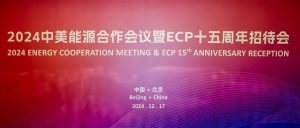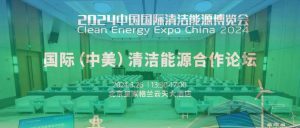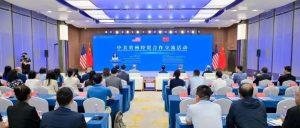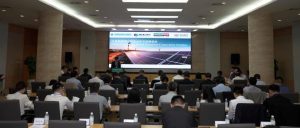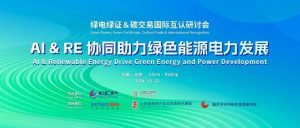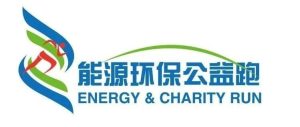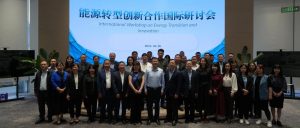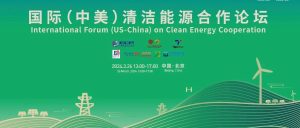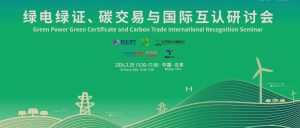7月12日,2024国际能源可持续发展(ESG)论坛在北京召开。本届论坛由中国能源研究会和能源基金会联合主办。本次论坛得到了中国清洁空气政策伙伴关系、New Engery Nex US、中国美国商会中美能源合作项目(ECP)、美中贸易全国委员会、全球碳捕捉研究院、中科友城企业管理有限公司、盛世投资等协办和支持机构的大力支持和帮助。
中国能源研究会理事长史玉波、国家能源局市场监管司处长周倜、美国能源部中国办公室主任欧周凯出席论坛并分别为本届论坛致辞。能源基金会战略合作副总裁David Vance Wagner和美中贸易全国委员会会长Craig Allen做了视频致辞。中国能源研究会副理事长兼秘书长孙正运主持致辞环节。
史玉波理事长在致辞中表示,本次论坛以“推动能源可持续发展 共创人类美好未来”为主题,旨在深入探讨能源领域的技术创新、政策调整、市场机制等关键问题,共同分享能源可持续发展的最新成果和经验,为全球能源治理贡献智慧和力量。实现能源可持续发展是一项长期而艰巨的过程,需要全球各国共同努力,加强合作,形成合力。一是要坚持创新引领,推动能源技术革命。二是要坚持绿色低碳,推动能源消费革命。三是要加强国际合作,构建全球能源治理体系。
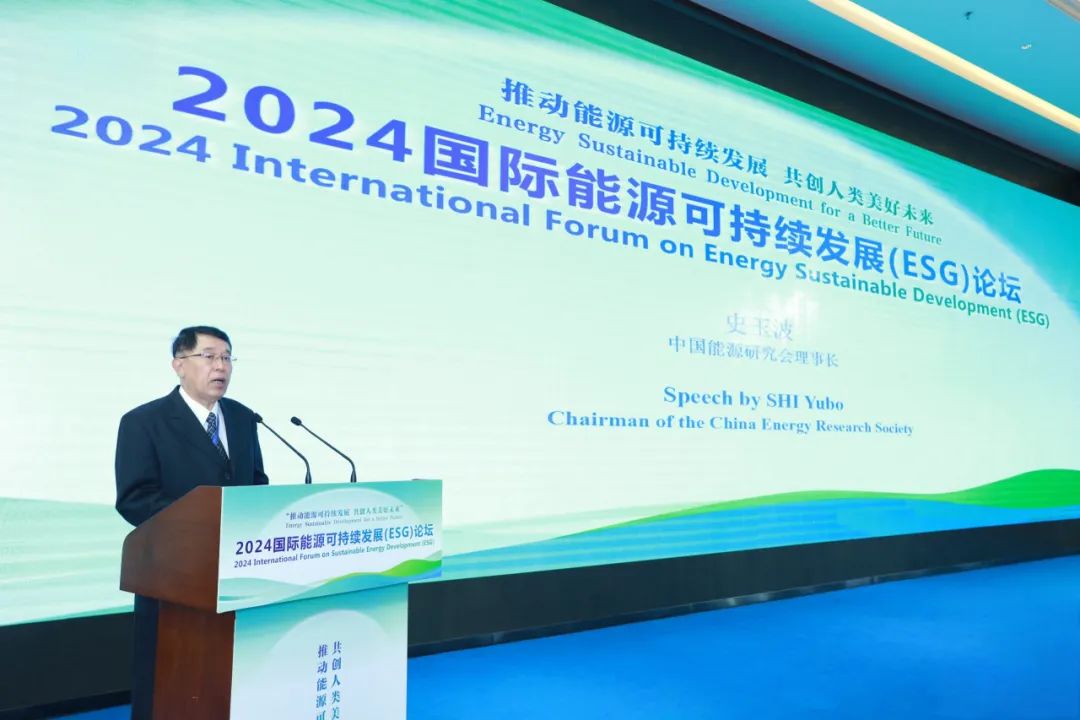
中国能源研究会理事长史玉波发表致辞
史玉波着重强调,为推动能源行业绿色低碳转型,促进能源企业可持续发展(ESG)信息披露,加大ESG投融资对能源支持力度,中国能源研究会组织能源行业专家,编制了《能源企业可持续发展(ESG)披露指标体系和评价导则》团体标准。该标准涵盖了能源企业可持续发展的36个定量指标和41个定性指标,在可持续发展指标体系中首次引入关键财务指标,对能源企业可持续发展(ESG)表现提出了科学、系统、完整的评价方法,其中定量评价权重为80%,定性评价权重为20%。
根据该标准提出的指标体系和评价方法以及能源领域上市公司在定期报告和可持续发展(ESG)报告中披露的公开信息,中国能源研究会和北京万家绿色信用评级有限公司对在上海证券交易所、深圳证券交易所、北京证券交易所、香港联交所上市的636家能源领域上市公司进行了评价,历时10个月编制完成《2024中国能源上市公司可持续发展(ESG)报告》并予以发布。同时,经国家能源局审核,上述团体标准已完成了升级为行业标准的征求意见程序。中国能源研究会诚挚欢迎广大能源企业积极参与行业标准编制,共同为能源行业可持续发展做出积极贡献。
国家能源局监管司处长周倜在致辞中指出,能源是经济社会发展的重要物质基础和动力源泉。近年来,在能源安全新战略和习近平总书记一系列重要指示批示精神的引领下,我国大力发展能源新质生产力,全面推进能源体制改革和能源消费方式变革,加快建设多元清洁的能源供应体系,以更大力度推动能源绿色低碳转型,为推进全球能源可持续发展贡献了中国智慧、中国力量。
一是能源可持续发展基础更牢。原煤生产能力持续增强,原油产量保持在2亿吨水平,发电装机容量超过30亿千瓦,其中可再生能源发电装机规模占全球比重接近40%,能源自给率保持在80%以上。
二是能源绿色低碳发展质量更优。非化石能源在能源消费结构中的比重大幅提升,煤炭占能源消费总量比重快速下降,水电、风电、光伏发电装机规模均稳居世界第一,能源利用效率持续提升。
三是能源技术创新能力更强。风电、光伏发电等新能源技术处于国际先进水平,百万千瓦级水电机组建设能力领跑全球,核电形成自主知识产权压水堆技术,取得了特高压输电、400万吨/年煤炭间接液化、特厚煤层智能综采等一批重大科技创新成果。
在持续推动新时代中国能源事业高质量发展的道路上,国家能源局完整准确全面贯彻能源安全新战略,充分发挥我国“政监合一”体制优势,科学把握有效市场和有为政府的关系,深入推进能源治理体系和治理能力现代化,能源市场建设成效显著,市场规则逐步健全,市场体系稳步建设,市场交易规模不断扩大,市场监管效能持续提升。
“坚持法治化、规范化、信息化能源监管方向,完善监管理论、量化监管目标,围绕能源企业反映的痛点难点问题,创新开展过程监管、数字化监管、穿透式监管、跨部门协同监管‘四个监管’,加强大数据等信息技术运用,嵌入到垄断环节内部实施监测、调查和评估,全周期监管国家能源规划、政策和重大项目实施,强化条块结合、区域联动,形成全方位监管合力,以有力监管维护市场秩序。”
周倜强调,“当今世界,百年未有之大变局加速演进,全球能源发展呈现新趋势、新格局,绿色低碳成为发展主旋律,清洁低碳能源发展迎来新机遇,能源发展模式正在进入非化石能源主导的新阶段,推进能源可持续发展成为全世界的共同使命。近期,中国共产党还将召开二十届三中全会,将为我国进一步全面深化改革、推进中国式现代化注入强劲动力。在新征程上,我们希望与世界各国和社会各界朋友携手,锐意进取、攻坚克难,深入推进能源变革和体系重塑,加快规划建设新型能源体系,为推动全球能源高质量可持续发展作出新的贡献。”
美国能源部中国办公室主任Kaitlin Oujo(欧周凯)在讲话中分享了美国政府通过实施两项重要立法措施——两党基础设施法案和通胀削减法案,为清洁能源计划分配了4300亿美元,这些资金用于改善电网、提高能源效率和支持清洁能源制造,以实现到2035年100%无碳电力和2050年净零排放的目标。她提到美国能源部相信政府扶持与私营部门主导在推动清洁能源革命中发挥着重要作用, 政府扮演制定政策法规的角色,私营部门将带来创新、投资,实现规模化,促进清洁能源产业发展。例如,针对清洁能源转型可持续金融项目的优渥的“税收抵免”政策和加速解决清洁能源技术和成本挑战的“能源气候环境”项目,从而促进了清洁能源的发展。又因为这项税收抵免政策和项目,私营部门宣布投入6500亿美元用于清洁能源技术和21世纪新行业,其中4000亿美元投入能源行业。
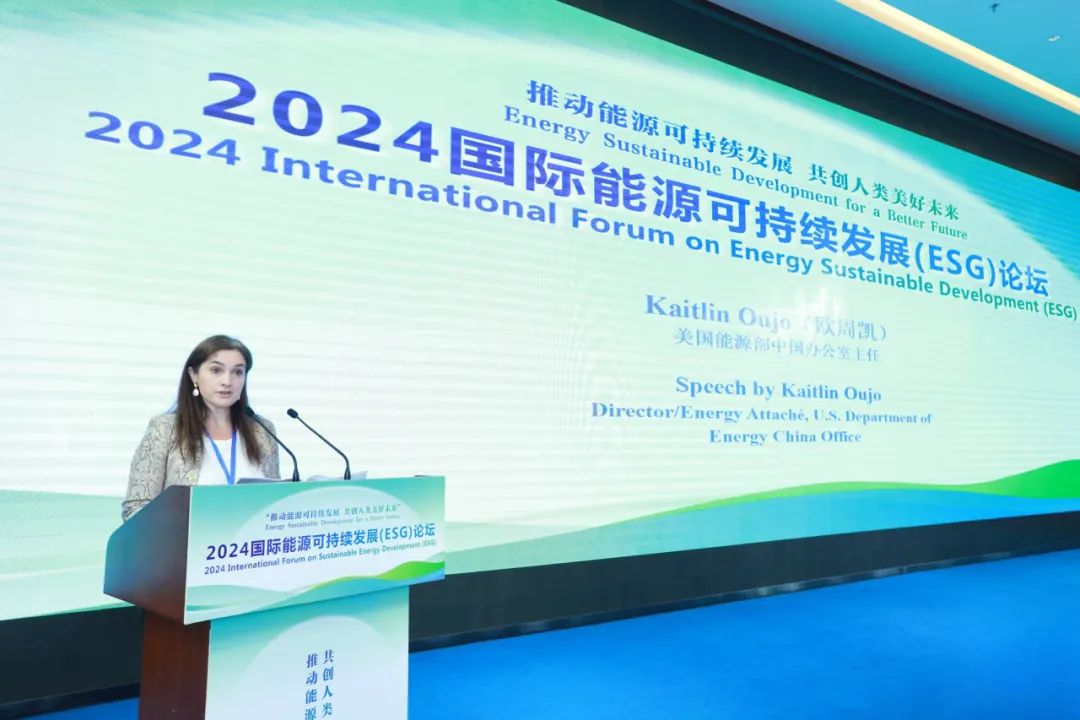
美国能源部中国办公室主任Kaitlin Oujo(欧周凯)发表讲话
欧周凯还强调了在清洁能源转型过程中,要确保经济增长同时也要兼顾社会公平,保证各个社区群体的公平转型。如保护弱势群体利益的“Justice 40”倡议;美国能源部新成立的旨在支持清洁能源部门的高质量、工会化工作的“能源就业办公室”;帮助社区的“能源资产再规划能力建设”项目。
欧周凯通过分享美国能源部对于可持续发展在技术、金融和人力方面的看法和措施,充分强调了一个稳定的、可持续的美好未来更需要国际社会共同努力,一起分享知识、资源和解决方案。
本届论坛上,联合国全球契约组织驻华代表刘萌作《联合国全球契约组织提出ESG二十年:全球能源可持续发展挑战与机遇》主旨报告,国家金融监督管理总局原一级巡视员叶燕斐作《中国金融支持绿色低碳发展》主旨报告,国家绿色发展基金股份有限公司监事会主席汪义达作《关于ESG责任投资可持续发展的几点思考》主旨报告,国际可持续准则理事会(ISSB)理事冷冰作《Introducing the ISSB Standards: better information for better decisions》主旨报告。上海信公股份合伙人、ESG业务负责人姜宏玲,AHG科技董事会成员、前花旗银行全球交易服务部首席技术官Yobie Benjamin,中国能源研究会能源金融与法律分会副秘书长郭海飞作主旨报告。中国能源研究会能源金融与法律分会主任委员陈景东主持主旨报告环节。
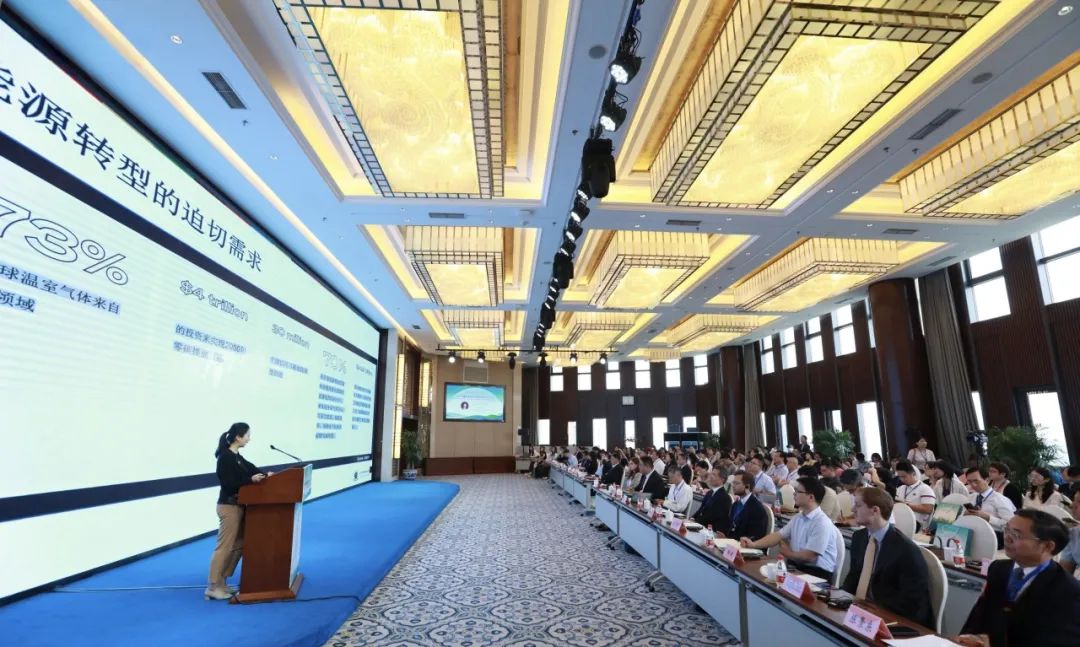
《2024中国能源上市公司可持续发展(ESG)报告》隆重发布。由于篇幅所限,报告未能将所有能源领域上市公司可持续发展(ESG)评价的定量和定性指标的数值和分值全部公布,仅将ESG分值排在前100的公司,选取最能代表能源领域上市公司可持续发展水平的温室气体排放强度、综合能源消耗强度、氮氧化物排放强度、二氧化硫排放强度、新鲜水资源消耗强度、一般固体废弃物排放强度、环保/ 安全生产投入占比、研发费用占比、现金分红、资产负债率等10个关键指标的数值和分值予以公布,供社会各界参考,同时展现客观性与公正性。上述10个指标权重合计占77个指标总权重的33.6%。进入2024中国能源上市公司可持续发展(ESG)前100名单前十的能源领域上市公司有:阳光电源、新奥能源、长江电力、许继电气、新天绿能、天伦燃气、昆仑能源、中国燃气、通威股份、信义能源。
英国驻华大使馆能源转型与整合主管David Giles,中国石化石油勘探开发研究院规划所副所长侯明扬,Maruszkin律师事务所、前波兰总理办公室气候政策首席专家Jakub Bednarek做了主旨演讲。中国能源研究会能源金融与法律分会副主任委员余志罡主持了主旨演讲环节。
能源基金会低碳经济转型项目主任杜譞主持了“中外能源企业高层对话”环节,国家能源集团新能源技术研究院有限公司董事长褚景春,切尼尔能源中国区首席执行官Maggie Jia,京能科技有限公司高级专家、北京碳中和学会秘书长冯武军,慧与中国总裁办与公共事务高级总监刘晓妹,New Energy Nexus首席财务官Christina Borsum,绿点战略咨询高级主管Ryan Etzcorn,Climatize首席执行官兼联合创始人Will Wiseman 参与了高层对话讨论。
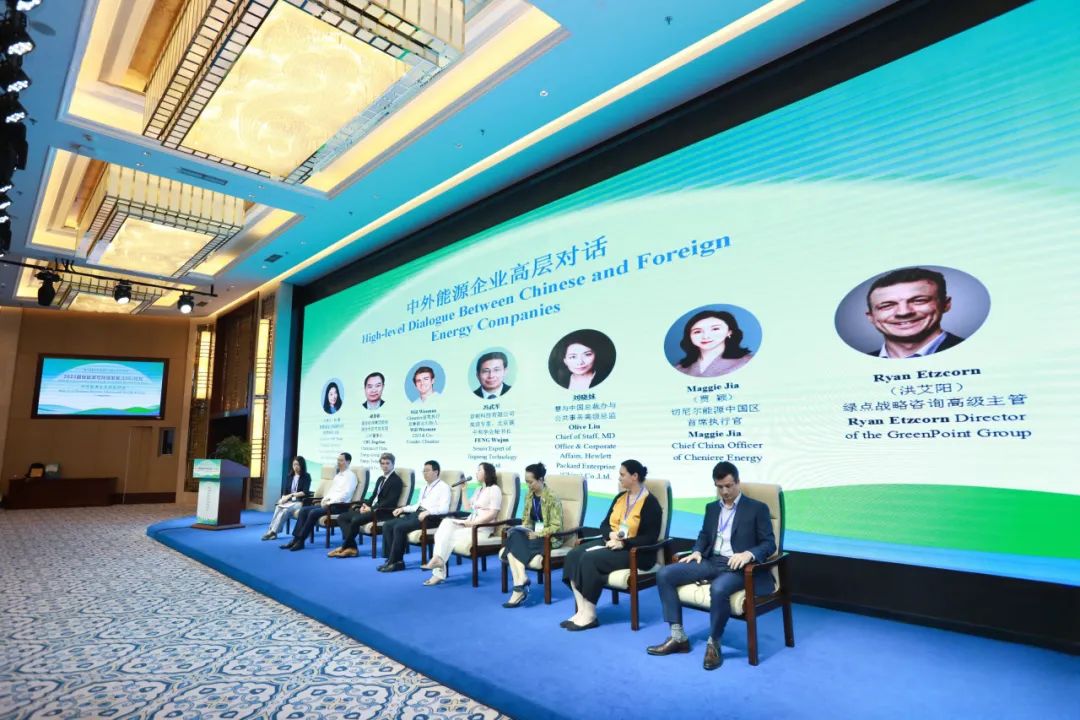
在圆桌沙龙环节,中国能源研究会能源金融与法律分会副秘书长郭海飞主持了“可持续发展信息披露与监管”圆桌沙龙。香港品质保证局总裁陈沛昌,北京松杉低碳技术研究院院长刘洪荣,SCS全球服务中国区业务拓展及战略总监lRobert Earley,毕马威能源和自然资源咨询业务主管合伙人沈莹,康菲中国安全健康环保及供应链副总裁Tomson Xie,山高新能源投资者关系总监兼ESG管理办公室负责人许小虎参与讨论。
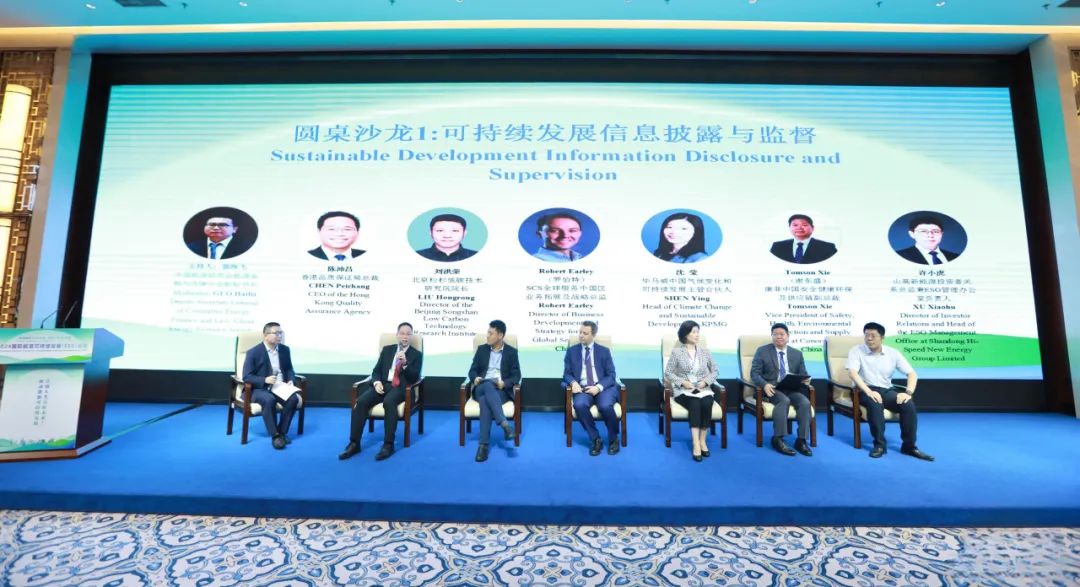
“能源转型与ESG投资”圆桌沙龙,由盛世投资合伙人、首席可持续发展官姜燕主持。明德投资创始合伙人李双霞,绿动资本创始合伙人张国津,中国华电产融绿色金融研究中心首席经济学家陈雳,Climatize首席执行官兼联合创始人Alba Forns,Qnetic首席技术官兼联合创始人Loïc Bastard,AHG科技董事会成员、前花旗银行全球交易服务部首席技术官Yobie Benjamin参与了该环节的讨论。
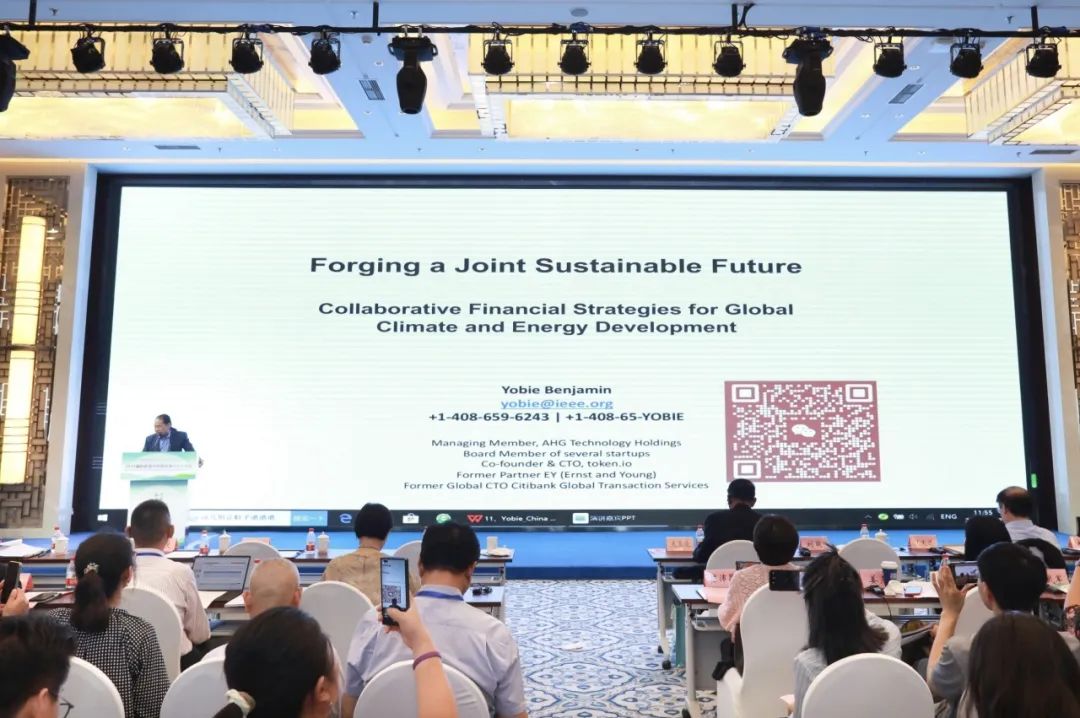
前花旗银行全球交易服务部首席技术官Yobie Benjamin
论坛上,来自国家电网、国家能源、中国华电、华能集团、三峡集团、国家电投、中国大唐、中石化、中石油、中海油、宁德时代、金风科技、壳牌、切尼尔能源、康菲中国、陶氏化学、埃克森美孚、3M、沃尔玛、英特尔、丸红商社、三菱商社等中外能源企业,盛世投资、明德投资、绿动资本、渣打银行、花旗银行等中外金融机构,《科技日报》、《中国能源报》、《中国电力报》、《中国石油报》、中央电视台、凤凰卫视等媒体记者200多人齐聚一堂,共话能源行业可持续发展。
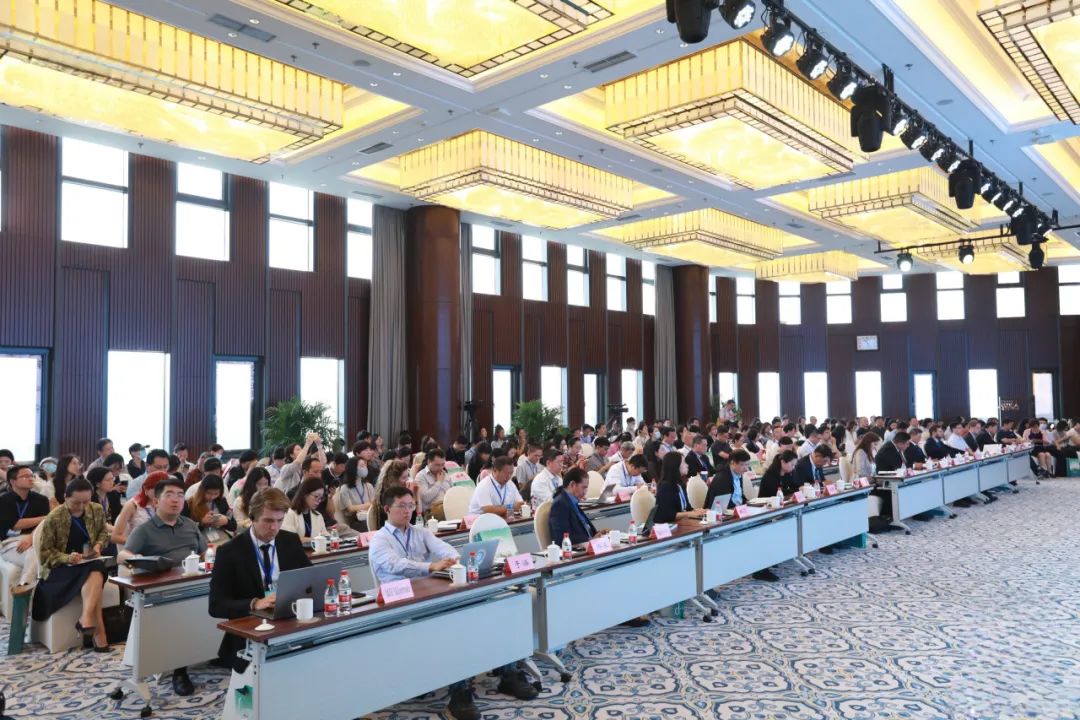
本届论坛设开幕式、主旨报告、主旨演讲、中外能源企业高层对话、圆桌沙龙等环节,密切世界能源交流共融,中外能源文化异彩纷呈,营造了浓厚的中外能源国际交流合作氛围,与会人员反响热烈。
The 2024 International Energy Sustainable Development (ESG) Forum Held in Beijing to Promote Global Energy Cooperation
On July 12th, the 2024 International Energy Sustainable Development (ESG) Forum was successfully held in Beijing. The forum was jointly hosted by the China Energy Research Society and the Energy Foundation.
Shi Yubo, Chairman of the China Energy Research Society, Zhou Ti, Director of the Market Supervision Department of the National Energy Administration, and Kaitlin Oujo, Director of the China Office of the U.S. Department of Energy, attended the forum and delivered speeches. David Vance Wagner, Vice President of Strategic Cooperation at the Energy Foundation, and Craig Allen, President of the U.S.-China Business Council, delivered video speeches. Sun Zhengyun, Vice Chairman and Secretary General of the China Energy Research Society chaired the speech session.
In his speech, Chairman Shi Yubo emphasized that this forum, themed “Promoting Sustainable Energy Development and Creating a Better Future for Humanity,” aims to delve into key issues such as technological innovation, policy adjustments, and market mechanisms in the energy sector, sharing the latest achievements and experiences in sustainable energy development to contribute wisdom and strength to global energy governance. Achieving sustainable energy development is a long-term and arduous process that requires global cooperation. He outlined three main points: innovation-driven energy technology revolution, promoting green and low-carbon energy consumption revolution, and strengthening international cooperation to build a global energy governance system.
Shi Yubo highlighted the efforts to promote green and low-carbon transformation in the energy industry and the sustainable development (ESG) information disclosure of energy enterprises. The China Energy Research Society organized energy industry experts to develop the “Energy Enterprises Sustainable Development (ESG) Disclosure Indicator System and Evaluation Guidelines” group standard. This standard includes 36 quantitative indicators and 41 qualitative indicators for the sustainable development of energy enterprises, introducing key financial indicators into the system for the first time. Quantitative evaluation accounts for 80% of the total weight, while qualitative evaluation accounts for 20%.
Based on the proposed indicator system and evaluation method, and using public information disclosed in periodic reports and sustainable development (ESG) reports by listed companies in the energy sector, the China Energy Research Society and Beijing Wanjia Green Credit Rating Co., Ltd. evaluated 636 energy companies listed on the Shanghai Stock Exchange, Shenzhen Stock Exchange, Beijing Stock Exchange, and Hong Kong Stock Exchange. After ten months of work, they compiled and released the “2024 China Energy Listed Companies Sustainable Development (ESG) Report.” The group standard has completed the process of being upgraded to an industry standard with approval from the National Energy Administration. The China Energy Research Society welcomes energy enterprises to participate in the development of this industry standard to contribute to the sustainable development of the energy industry.
In his speech, Zhou Ti, Director of the Market Supervision Department of the National Energy Administration, noted that energy is the fundamental material basis and driving force for economic and social development. Under the guidance of the new energy security strategy and important directives from President Xi Jinping, China has vigorously developed new energy productivity, comprehensively promoted energy system reforms and changes in energy consumption patterns, accelerated the construction of a diversified and clean energy supply system, and significantly advanced the green and low-carbon transformation of energy, contributing China’s wisdom and strength to global sustainable energy development.
He highlighted three main achievements: a stronger foundation for sustainable energy development, improved quality of green and low-carbon energy development, and enhanced energy technology innovation capabilities. China leads the world in installed capacities of hydropower, wind power, and photovoltaic power, and has made significant technological advancements in ultra-high voltage transmission, coal-to-liquid conversion, and intelligent mining of thick coal seams.
Zhou Ti emphasized that under the new energy security strategy, China will continue to modernize its energy governance system and capabilities, leveraging its unique regulatory advantages to build a robust and efficient energy market. He also pointed out that the world is undergoing significant changes, and global energy development trends are shifting towards green and low-carbon. China aims to collaborate with countries and entities worldwide to advance energy transformation and system restructuring, thereby contributing to global sustainable energy development.
Kaitlin Oujo, speaking on behalf of the U.S. Department of Energy (DOE), highlighted some significant legislative policies and measures for supporting clean energy, particularly like the Bipartisan Infrastructure Law and the Inflation Reduction Act, which together earmark $430 billion for clean energy initiatives providing substantial funds towards clean energy projects, including grid improvements, energy efficiency, and clean energy manufacturing, aiming for 100% carbon-free electricity by 2035 and net zero emissions by 2050. She mentioned that DOE believes that clean energy revolution should be government-enabled and private sector led and she emphasized the crucial role of private sector investment, bolstered by tax credits, in advancing clean energy technologies. While government can play the role of setting regulations and policies, the private sector brings innovation, investment, and scalability to the table. For example, the generous tax breaks for clean energy projects and the eight “Energy Earth-shots” program for accelerating breakthroughs in clean energy technologies. Due to these tax incentives and “Energy Earthshots” programs, private companies announced around $650 billion for clean energy investment and 21st Century industries, $400 billion of which are in the energy sector.
Oujo also pointed out the importance of providing significant opportunities for economic growths and social equity and ensuring fair transition for all communities for a sustainable clean energy future, aligning with the goals of the “Justice 40” Initiative for overall disadvantaged communities benefit, the DOE’s “Office of Energy Jobs” to support high-quality, unionized jobs in the clean energy sector, the DOE’s “Capacity Building for Repurposing Energy Assets” Initiative helping communities clean energy planning.
Through sharing DOE’s views and efforts about how sustainability in technology, finance and human capital, Oujo clearly addressed a more resilient and sustainable better future requiring a collective effort by sharing knowledge, resource and solutions.
During the forum, Liu Meng, Representative of the United Nations Global Compact in China, delivered a keynote report titled “20 Years of the UN Global Compact: Challenges and Opportunities in Global Energy Sustainable Development.” Other keynote speakers included Ye Yanfei, former Inspector of the National Financial Supervisory Authority, Wang Yida, Chairman of the Supervisory Board of the National Green Development Fund, and Cold Ice, Board Member of the International Sustainability Standards Board (ISSB). The keynote report session was chaired by Chen Jingdong, Chairman of the Energy Finance and Law Branch of the China Energy Research Society.
The “2024 China Energy Listed Companies Sustainable Development (ESG) Report” was officially released. Due to space constraints, only the top 100 companies’ ESG scores and values for ten key indicators, such as greenhouse gas emission intensity, comprehensive energy consumption intensity, nitrogen oxide emission intensity, sulfur dioxide emission intensity, freshwater resource consumption intensity, general solid waste emission intensity, investment in environmental protection/safety production, R&D expenditure ratio, cash dividends, and debt-to-asset ratio, were disclosed. These ten indicators account for 33.6% of the total weight of the 77 indicators. The top ten companies in the 2024 report include Sungrow Power Supply Co., Ltd., ENN Energy Holdings Limited, China Yangtze Power Co., Ltd., XJ Electric Co., Ltd., Suntien Green Energy Company Limited, Tian Lun Gas Holdings Limited, Kunlun Energy Company Limited, China Gas Holdings Limited, Tongwei Co., Ltd., and Xinyi Solar Holdings Limited.
David Giles, Head of Energy Transition and Integration at the British Embassy in China, Hou Mingyang, Deputy Director of the Planning Institute at Sinopec Petroleum Exploration and Development Research Institute, and Jakub Bednarek, former Chief Climate Policy Expert at the Prime Minister’s Office in Poland and current lawyer at Maruszkin Law Firm, delivered keynote speeches. The keynote speech session was chaired by Yu Zhigang, Deputy Chairman of the Energy Finance and Law Branch of the China Energy Research Society.
Du Xuan, Director of the Low Carbon Economy Transition Project at the Energy Foundation, chaired the “China and Foreign Energy Enterprises High-Level Dialogue” session. Participants included Chu Jingchun, Chairman of the New Energy Technology Research Institute of China Energy Group, Maggie Jia, CEO of Cheniere Energy China, Feng Wujun, Senior Expert at Beijing Energy Technology Co., Ltd., Liu Xiaomei, Senior Director of the President’s Office and Public Affairs at HPE China, Christina Borsum, CFO of New Energy Nexus, Ryan Etzcorn, Senior Director at Greenpoint Strategy Consulting, and Will Wiseman, CEO and Co-Founder of Climatize.
In the roundtable discussion session on “Sustainable Development Information Disclosure and Regulation,” chaired by Guo Haifei, Deputy Secretary-General of the Energy Finance and Law Branch of the China Energy Research Society, participants included Chan Pui Cheong, President of the Hong Kong Quality Assurance Agency, Liu Hongrong, Director of Beijing Songshan Low Carbon Technology Research Institute, Robert Earley, Director of Business Development and Strategy at SCS Global Services China, Shen Ying, Managing Partner of Energy and Natural Resources Consulting at KPMG, Tomson Xie, Vice President of Safety, Health, Environment, and Supply Chain at ConocoPhillips China, and Xu Xiaohu, Director of Investor Relations and ESG Management at Shango New Energy.
The “Energy Transition and ESG Investment” roundtable discussion, chaired by Jiang Yan, Partner and Chief Sustainability Officer at Shengshi Investment, included participants Li Shuangxia, Founding Partner of Mingde Investment, Zhang Guojin, Founding Partner of Green Capital, Chen Li, Chief Economist at the Green Finance Research Center of China Huadian Corporation, Alba Forns, CEO and Co-Founder of Climatize, Loïc Bastard, CTO and Co-Founder of Qnetic, and Yobie Benjamin, Board Member of AHG Technology and former CTO of Global Transaction Services at Citibank.
The forum was supported by various organizations, including the China Clean Air Policy Partnership, New Energy Nexus, the U.S.-China Energy Cooperation Program (ECP), the American Chamber of Commerce in China, the U.S.-China Business Council, the Global Carbon Capture Institute, Zhongke Youcheng Enterprise Management Co., Ltd., and Shengshi Investment. Over 200 participants from domestic and foreign energy enterprises, financial institutions, and media, such as State Grid, China Energy, China Huadian, China Huaneng, Three Gorges Group, China Power Investment, China Datang, Sinopec, CNPC, CNOOC, CATL, Goldwind, Shell, Cheniere Energy, ConocoPhillips China, Dow Chemical, ExxonMobil, 3M, Intel, Walmart, Marubeni Corporation, and Mitsubishi Corporation, gathered to discuss the sustainable development of the energy industry.
The forum featured an opening ceremony, keynote reports, keynote speeches, high-level dialogue between Chinese and foreign energy companies, and roundtable discussions, fostering an atmosphere of international energy exchange and cooperation. The forum received enthusiastic responses from participants.

